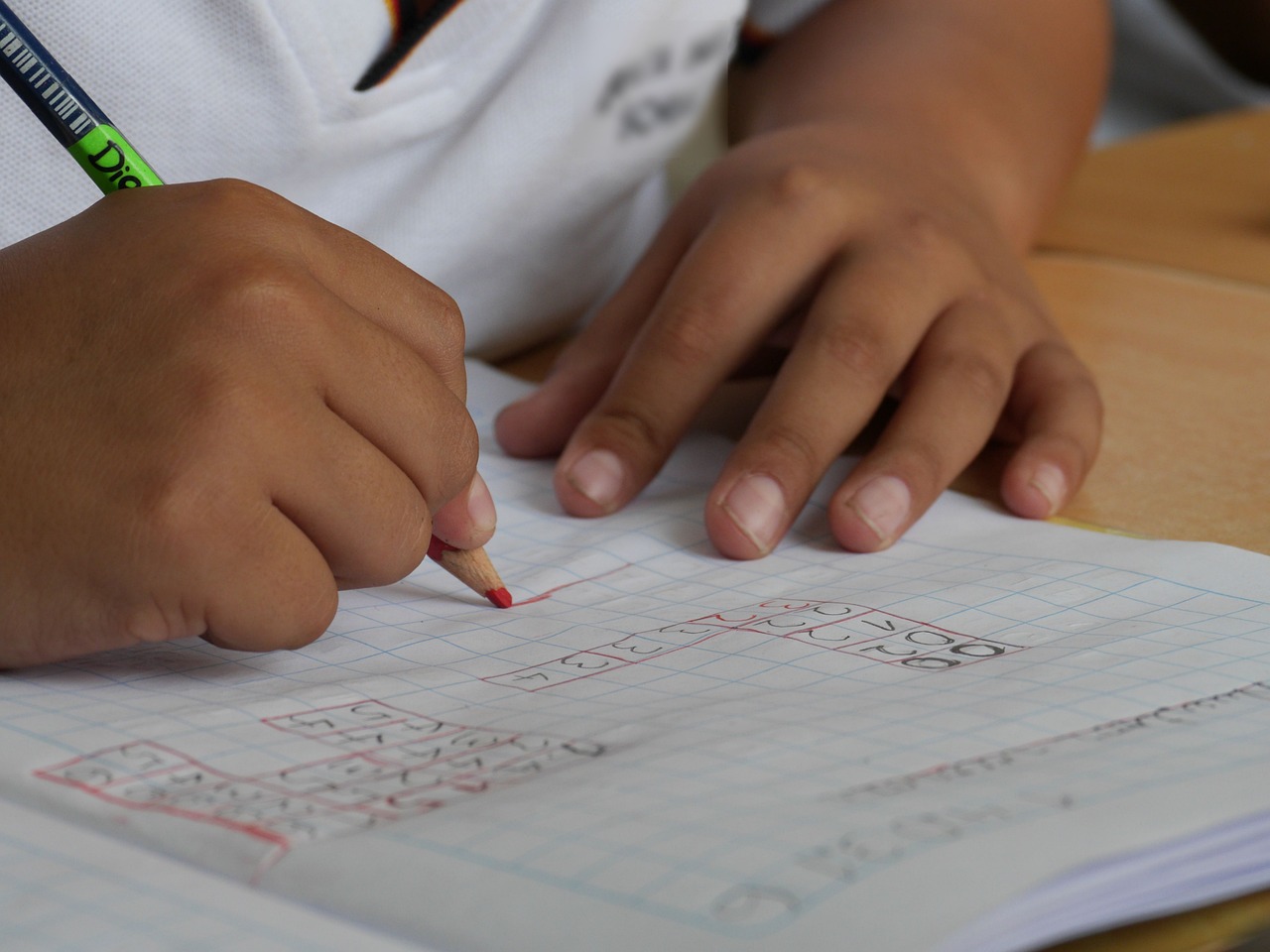In the dynamic and demanding world of modern education, children are often overwhelmed with a considerable amount of homework. The task of encouraging children to complete their assignments on time can seem daunting for many parents. However, creating an environment that nurtures learning and encourages a positive attitude towards homework can be a key motivator for children to keep up with their studies. This article aims to share five of the most effective strategies to motivate your children to finish their homework.
1. Establish a Structured Homework Routine
One of the most effective ways to motivate your children to finish their homework is to establish a structured routine. This offers a sense of predictability and reduces resistance, as the child becomes accustomed to doing homework at a specific time. Design a schedule that suits your child's unique needs. Some children might work best right after school, while others might be more productive after a break. Be flexible and adaptable to create a homework routine that your child can follow with ease. Consistency is key; once a routine is established, it's important to stick to it.
2. Create a Conducive Learning Environment
An organized, quiet, and well-lit space dedicated to studying can significantly improve a child’s focus and productivity. Make sure the homework area is free from distractions, such as excessive noise, toys, or electronic devices. A clear workspace signals to the brain that it's time to work, thereby making homework completion less of a struggle. Furthermore, ensure that all necessary materials, like books, stationery, and reference materials, are easily accessible to save time and maintain concentration.
3. Utilize Incentives and Rewards
Incentives and rewards can be powerful tools for motivation, teaching children that effort leads to outcomes. It's important to distinguish rewards from bribes; rewards are recognition of hard work, while bribes are offered before the desired behavior. Rewards could be an extra hour of play, a favourite meal, or a family outing. However, the ultimate goal should be to help children develop intrinsic motivation, where they are motivated by their internal desire to learn and achieve.
 Image by Victoria_Regen from Pixabay
Image by Victoria_Regen from Pixabay
4. Encourage Breaks and Balance
Contrary to what you might believe, consistent, non-stop studying doesn't boost productivity. In fact, it can lead to fatigue and lack of focus. Encourage your child to take short, regular breaks. You could adopt techniques like the Pomodoro Technique, where your child works for 25 minutes, then takes a 5-minute break. This approach maintains a balance between work and rest, preventing burnout and sustaining motivation.
 Image by Lourdes ÑiqueGrentz from Pixabay
Image by Lourdes ÑiqueGrentz from Pixabay
5. Show Interest and Provide Support
Lastly, showing genuine interest in your child's homework and learning journey can have a significant impact on their motivation. Ask about what they're learning, their assignments, and how they're progressing. Help them when they're stuck, but ensure that they do most of the work to understand and learn. Offer praise and positive reinforcement when they do well to boost their confidence. This level of involvement demonstrates that you value their education, which can inspire them to take homework seriously.
 Photo by Andrea Piacquadio on Pexels
Photo by Andrea Piacquadio on Pexels
In conclusion, fostering a positive attitude towards homework involves more than just insistence. By applying these five strategies – setting a routine, creating a conducive learning environment, utilizing rewards, encouraging breaks, and showing interest – parents can transform the daunting task of homework into a manageable, and even enjoyable, part of their children's educational journey.









